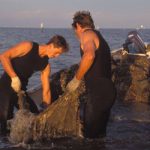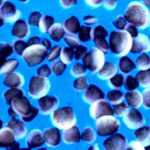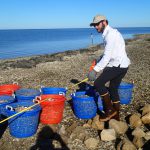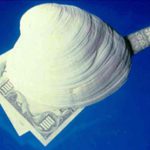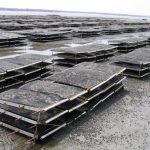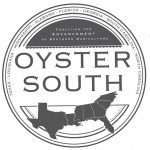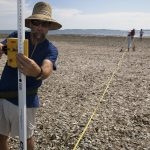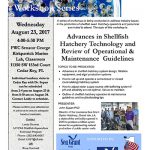
Hatchery Workshop August 23 in Cedar Key
A series of workshops is being conducted to address industry issues in the production of shellfish seed. Hatchery operators and personnel are invited to attend. The topic of this workshop is: Advances in Shellfish Hatchery Technology and Review of Operational & Maintenance Guidelines. Topics to be presented include: advances in shellfish hatchery system design, filtration equipment, and algal production systems; how to set up and operate a semi-closed or closed (recirculating) hatchery system; how to adjust water supply source with buffering system if pH and alkalinity are not optimal and values to maintain; and outline of shellfish hatchery operation and



